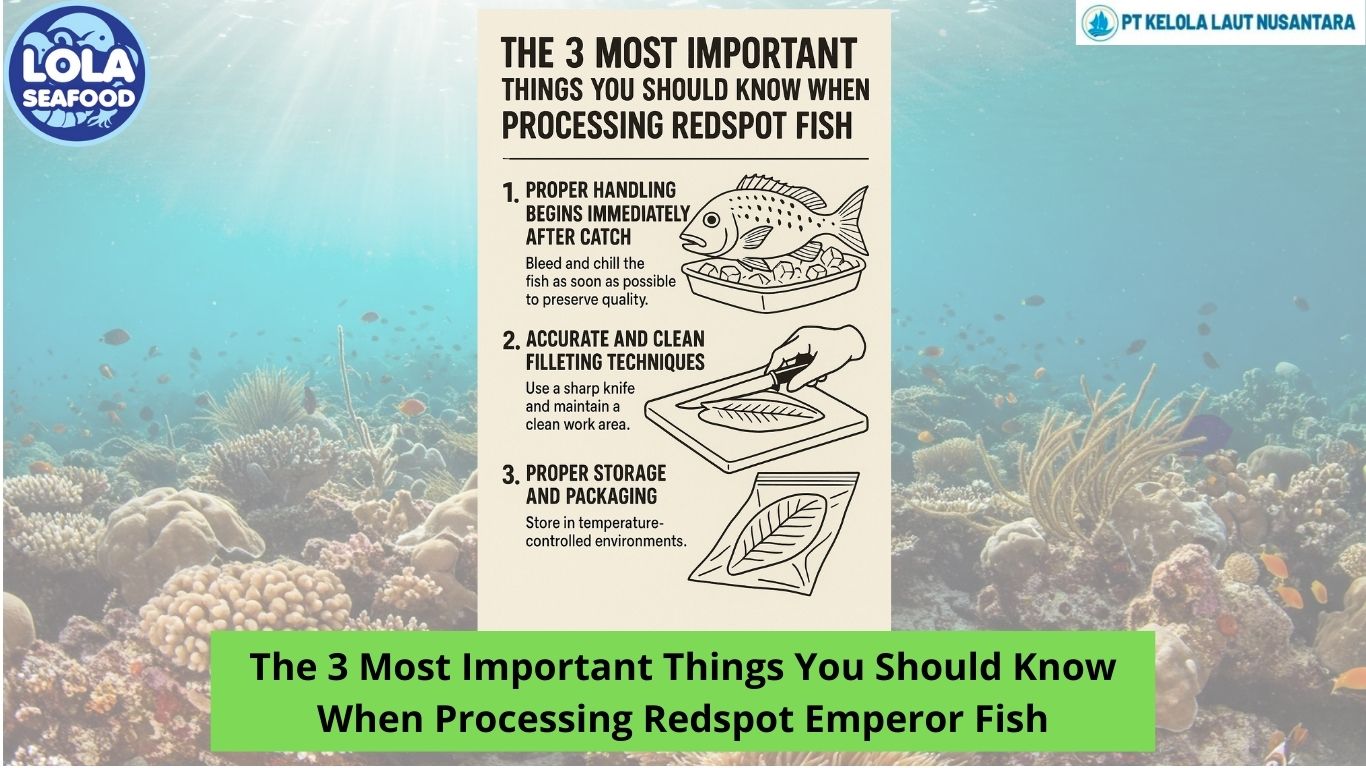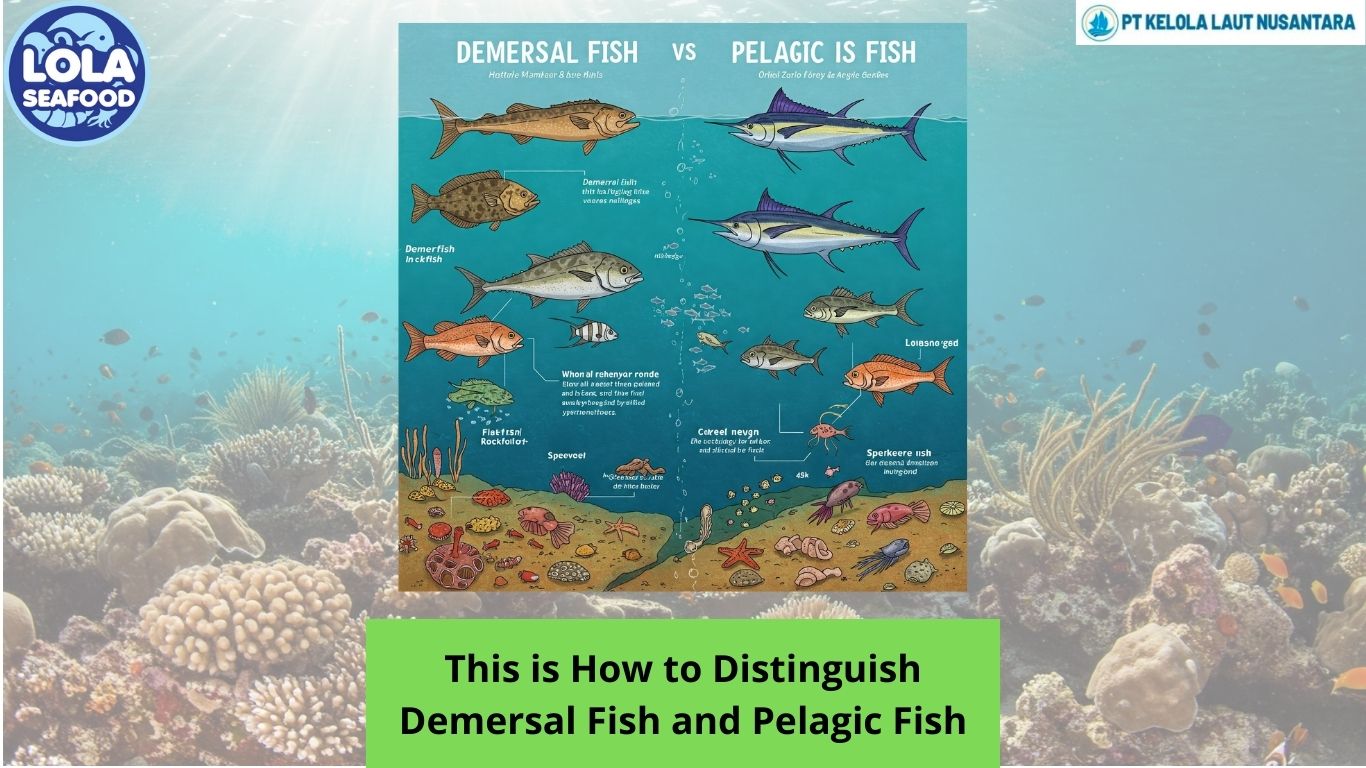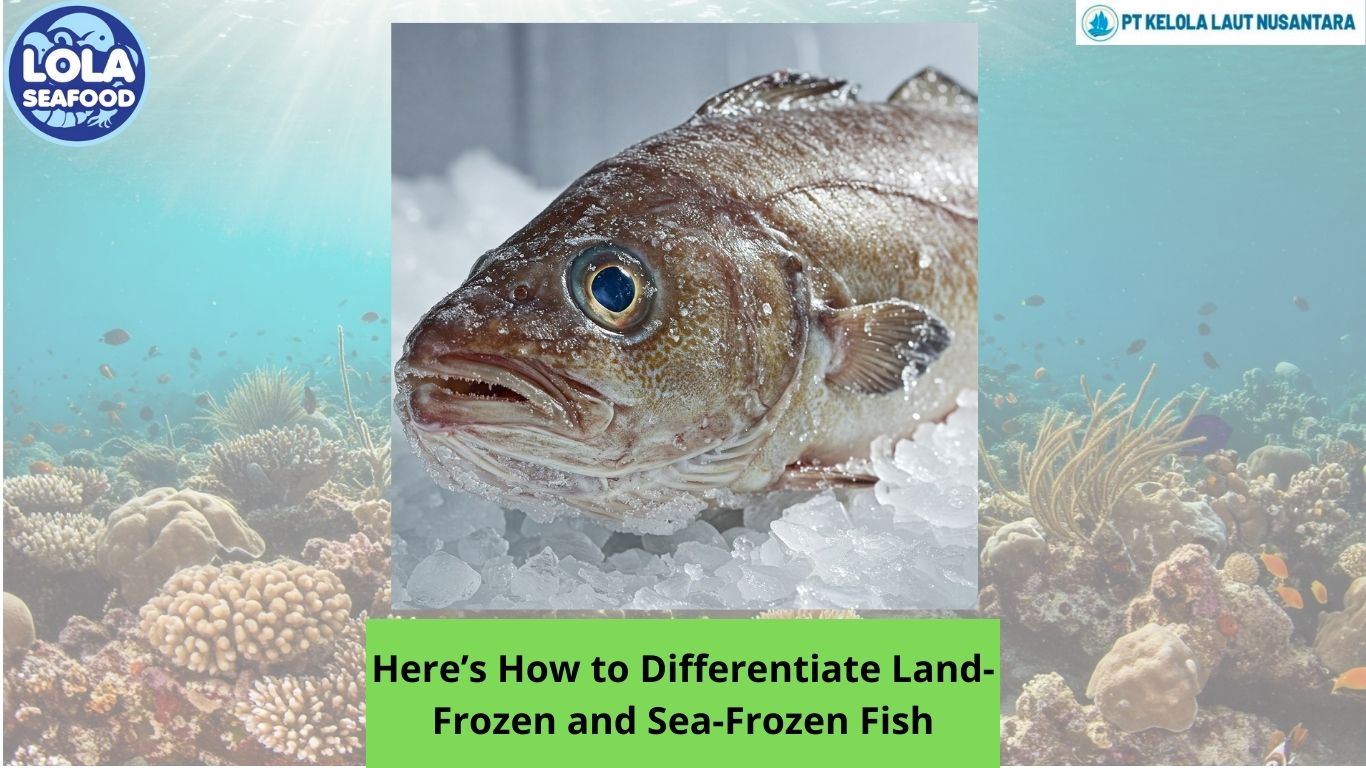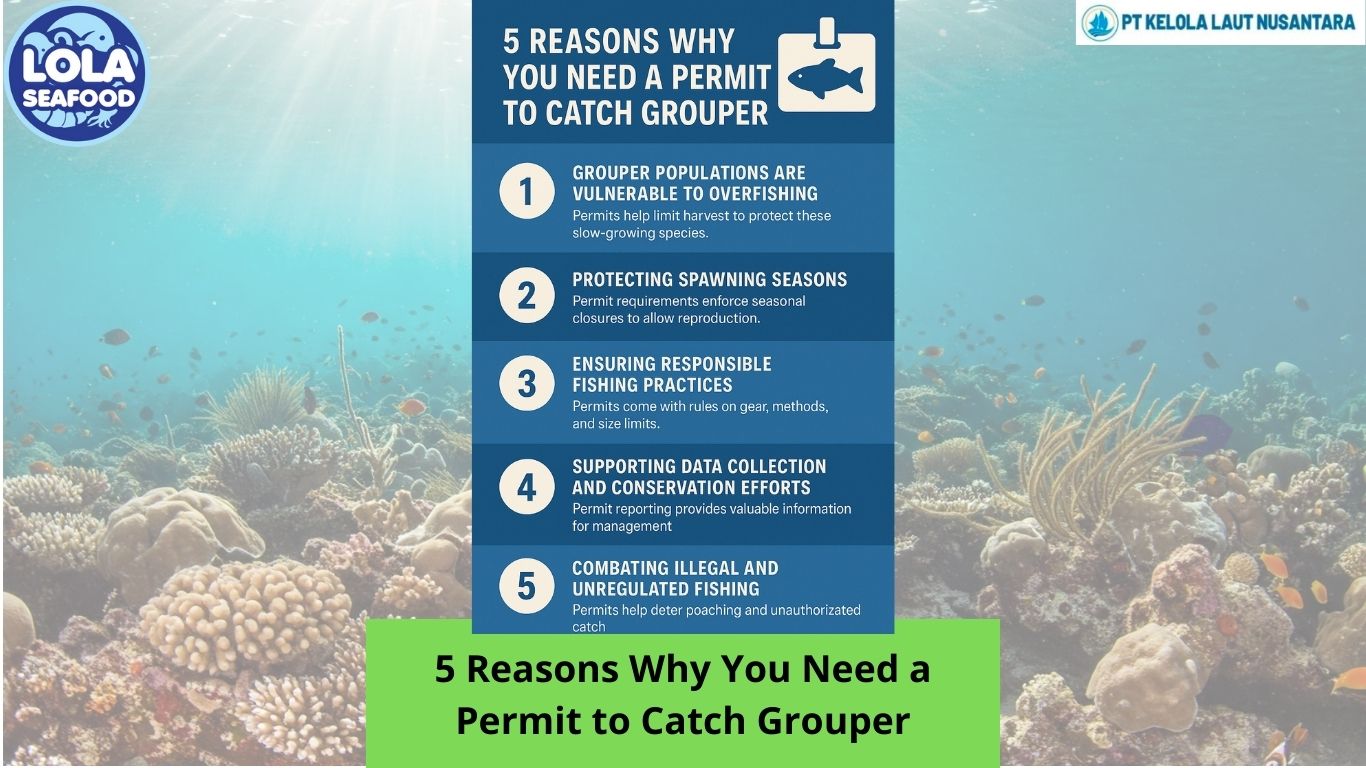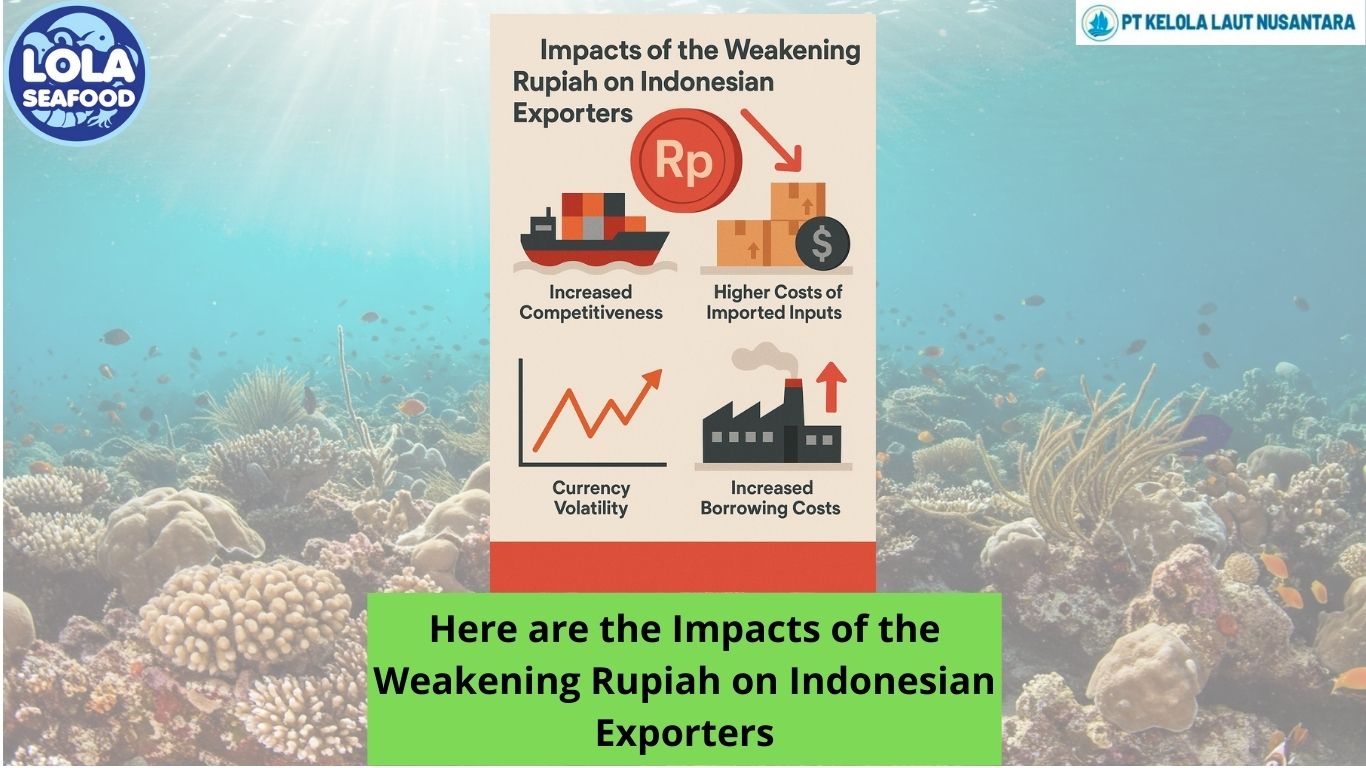Here’s an Easy Way to Recognize a Coral Rockcod
By. Agung Kurniawan - 18 Feb 2025
Kelolalaut.com The coral rockcod (Epinephelus corallicola), a member of the grouper family, is a fascinating fish found in tropical reef environments. Recognizing this species is important for divers, anglers, and marine biologists alike. If you’re exploring coral reefs or local fish markets, here’s an easy guide to identifying this elusive yet stunning fish.
Distinctive Coloration and Patterns
One of the easiest ways to identify a coral rockcod is by its coloration. The fish typically exhibits a mottled or speckled pattern that blends seamlessly with the reef environment. The body colour ranges from pale brown to dark grey, often with irregular black or dark brown blotches along its sides. This camouflage helps it evade predators and ambush prey.
Unlike some other groupers that have vibrant reds or oranges, Epinephelus corallicola is more subdued in appearance, making it less conspicuous in the water. However, during certain environmental changes, its coloration may become slightly darker or lighter, helping it adapt to its surroundings.
Body Shape and Size
The coral rockcod has a robust and slightly elongated body typical of groupers. It can grow up to 40 cm (about 16 inches) in length, although smaller specimens are more common. The fish has a relatively large head with a wide mouth, perfect for its ambush-hunting lifestyle. The dorsal fin is continuous with a mix of spiny and soft rays, a common characteristic of groupers.
Facial Features and Fins
One of the most distinguishing facial features of the coral rockcod is its relatively large mouth, which enables it to engulf prey in a single, rapid strike. The eyes are positioned high on the head, giving it a wide field of vision—ideal for spotting movement in the water.
Its pectoral fins are broad and rounded, providing stability as it moves through rocky and coral-filled environments. The caudal (tail) fin is slightly rounded rather than deeply forked, distinguishing it from some other reef fish that have more pronounced tail shapes.
Habitat and Behaviour
Another way to recognize Epinephelus corallicola is by considering its habitat. This species is typically found in coral reefs, rocky outcrops, and lagoons at depths ranging from 5 to 50 meters. It prefers hiding in crevices and caves, waiting to ambush smaller fish and crustaceans.
Unlike some fish that actively patrol their territory, coral rockcods rely on stealth and patience. If you spot a fish lurking motionless near reef structures, blending into the rocks, you might be looking at Epinephelus corallicola.
Recognizing a coral rockcod is easier when you pay attention to its coloration, body shape, and habitat. If you’re diving or fishing in tropical reefs, look for a medium-sized, camouflaged
If youre interested in our Grouper Fillet Skinless, Grouper Black Dotted Whole Round, and Grouper Fillet Portion Cut please do not hesitate to contact us through email and/or whatsapp
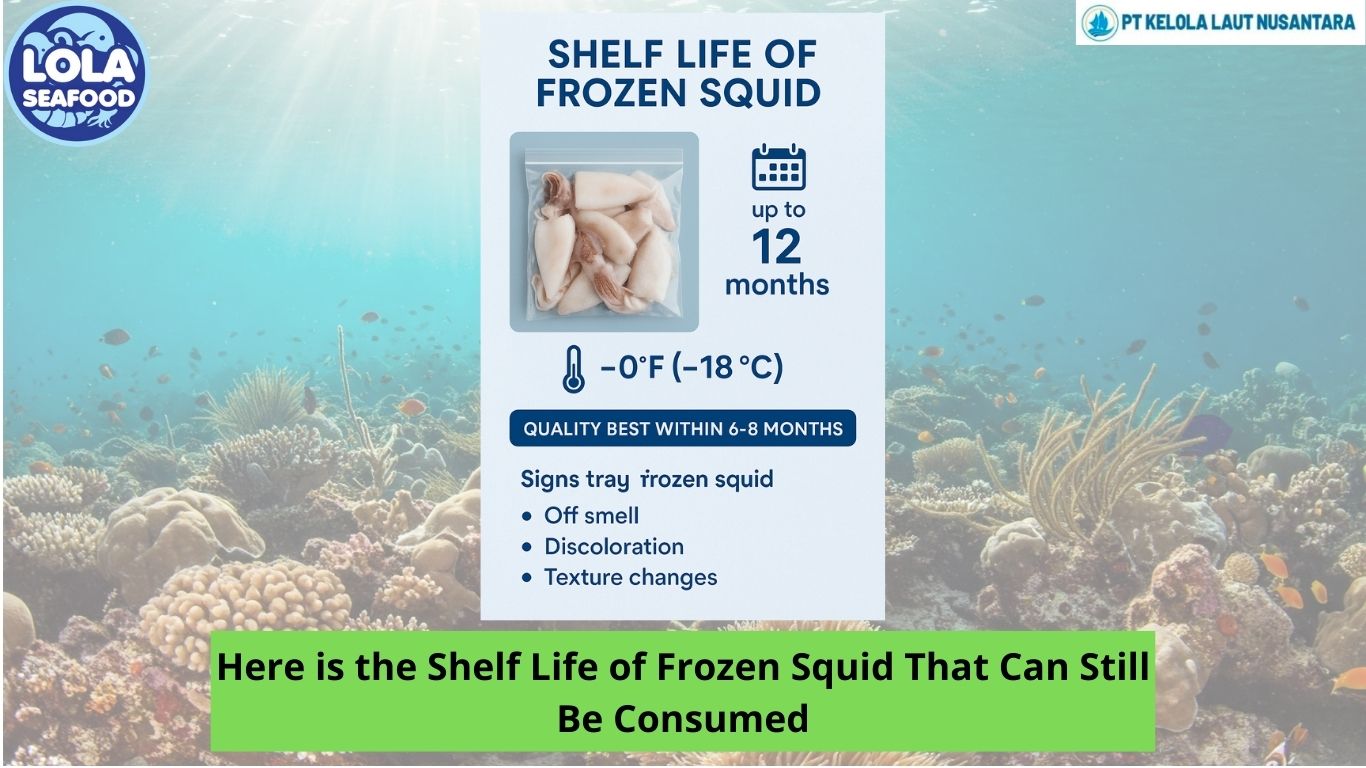
.jpg)
.jpg)
.jpg)
